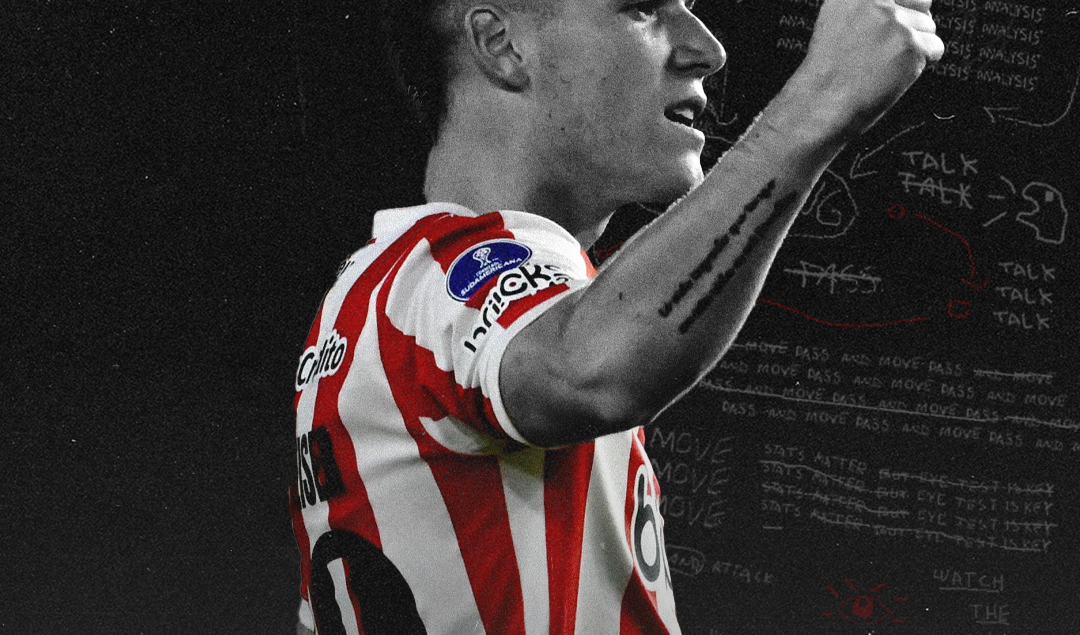Football trends: how fans’ preferences are changing
Football has been and continues to be one of the most popular and influential sports in the world. From films and books to sports betting at freshbet, football is pretty much everywhere. Throughout its history, it has become not just a game on the pitch, but a powerful socio-cultural phenomenon that unites millions of people around the world.
However, with the development of technology, changing lifestyles and socio-cultural transformations, fans’ preferences for and perceptions of football are also changing. This is the focus of our article.
The transformation of media consumption
In a world of total digitalisation and an endless flow of information, football fans are not left out of technological changes. One of the most noticeable trends in recent years has been the change in the way football-related media content is consumed.
Whereas fans used to gather around TVs or radios to watch their favourite teams play, today’s fans have access to an incomparably wider range of broadcast, live streaming and analytical content available in the online space.
Basic preferences of football fans
We’ve compiled the top basic preferences of UK football fans and supporters:
- Quality of team play. Fans want to see high quality and exciting football from their team.
- Wins. Important to fans are the victories and successes of their favourite team.
- Emotional component. Fans appreciate games that evoke strong emotions, whether it’s the joy of winning or the disappointment of losing.
- Mental connection to the club. Football fans seek a sense of belonging and identification with their club. This includes understanding the values and history of the club, as well as interacting with other supporters.
- Matchday atmosphere. An important factor for many fans is the atmosphere of the match, including the mass of people in the stands and the stadium’s trademark shouting.
- Content availability. Fans value the availability of football content through various platforms and broadcasts to follow their team’s games anytime, anywhere.
Transformation of match viewing
The shift from traditional media to digital platforms has significantly changed the football media landscape. Football matches can now be watched not only on TV but also online using various streaming services. Platforms such as Amazon Prime Video, Netflix, and specialised sports services like ESPN+ allow subscribers to watch live matches, recordings of past games and exclusive content that is not available on traditional TV channels.
However, it’s not just the availability of content that has changed. Social media has become a significant player in the world of football communication. Fans can now discuss matches in real time, share impressions and analyse game highlights directly in their news feeds. Teams, leagues and football media have started to actively use social media to engage with fans, create unique content and keep audiences engaged.
Influence of socio-cultural trends
Football, as an extremely popular and influential sport, inevitably reflects and influences socio-cultural trends in society. One of the most visible aspects of football’s influence on socio-cultural processes is its role in combating discrimination and racism.
In recent years, football organisations, clubs and fans have become increasingly active in opposing racist discourse and discriminatory actions in and out of stadiums. Campaigns against racism, as well as education and training programmes, aim to make the football community more inclusive and diverse.
Today there is also an increased focus on environmental and social issues within the football industry. Football clubs and leagues are actively adopting sustainability practices, including reducing carbon footprints, making stadiums more energy efficient and eliminating plastic waste. Charity programmes and social projects supported by football clubs also play an important role in making a positive contribution to society and helping those in need.
Outcomes
In today’s world, football is becoming not only a sporting spectacle, but also an important socio-cultural phenomenon that reflects and shapes society’s trends. Changes in fan preferences reflect a wide range of social and technological transformations that are taking place in society.
A global view of trends in football shows that the sport remains universal and relevant across countries and cultures. Studying and understanding these trends is an important tool for clubs and competition organisers, enabling them to adapt effectively to changing conditions and remain at the forefront of the global sports industry.
